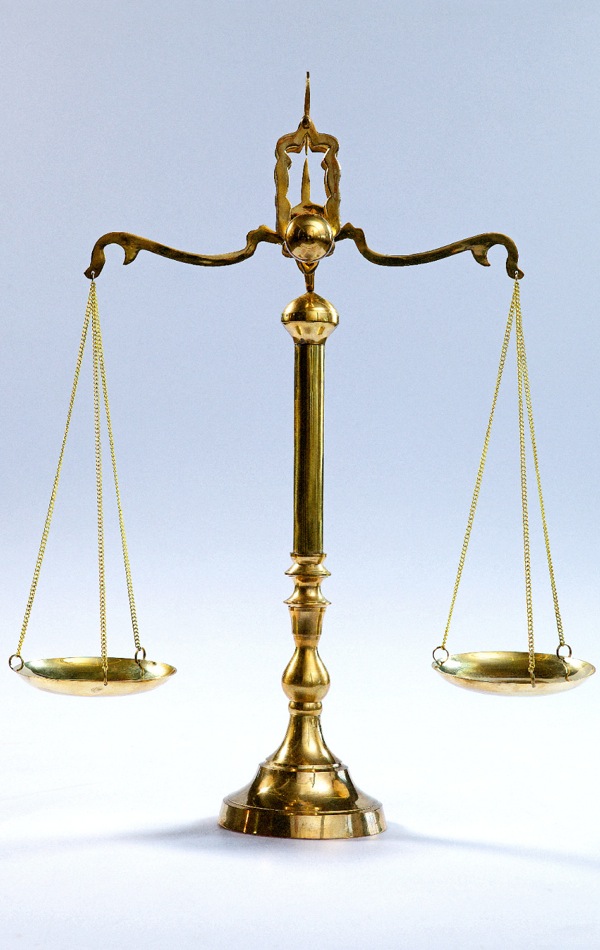The content displayed below is for educational and archival purposes only.
Unless stated otherwise, content is © Watch Tower Bible and Tract Society of Pennsylvania
You may be able to find the original on wol.jw.org
SECTION 14
Why Do We Need a Better Sacrifice?
“Not one of them can by any means redeem even a brother . . . that he should still live forever.”
Could anyone today offer the sacrifices required by the Law?
Since the temple and priesthood no longer exist, it is not possible to offer the sacrifices required by the Law for the atonement of sins. But God has not left us without hope. The Scriptures point to a permanent solution, “a new covenant,” by means of which Jehovah promises: “I shall forgive their error, and their sin I shall remember no more.” By means of this “new covenant,” God provides the basis for forgiving all of our sins forever.
How did Adam’s sin affect us?
When Adam rebelled against God, he lost the prospect of endless life. (Genesis 3:17-19) As our common progenitor, Adam could pass on to us only imperfection and death. In effect, he is responsible for the death of all his children.
If a criminal deliberately murdered someone you love, could he satisfy justice by sacrificing a bull?
The Law did not permit making an animal sacrifice for willful murder. (Numbers 35:31) No animal’s life is worth as much as a man’s. The sinner would have to pay with his own life.
So, then, what kind of sacrifice could cover Adam’s sin so that Jehovah could forgive people and ‘remember their sins no more’?

An equal exchange is required
Who alone could present himself as an atoning sacrifice?
Only the Messiah could be the atoning sacrifice. He will indeed come as a Deliverer. (Genesis 3:15; Psalm 2:2, 8) But first, he must provide a perfect “guilt offering”
What else do the Scriptures say about the Messiah and his role?